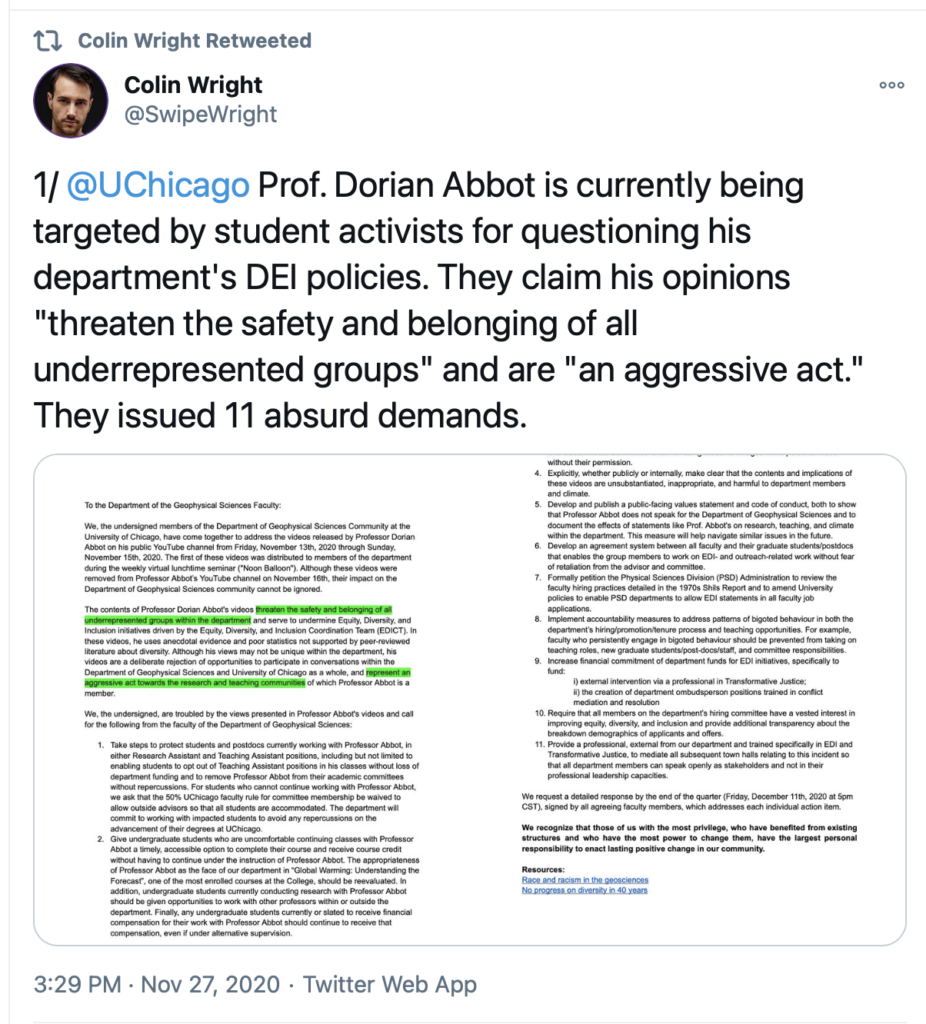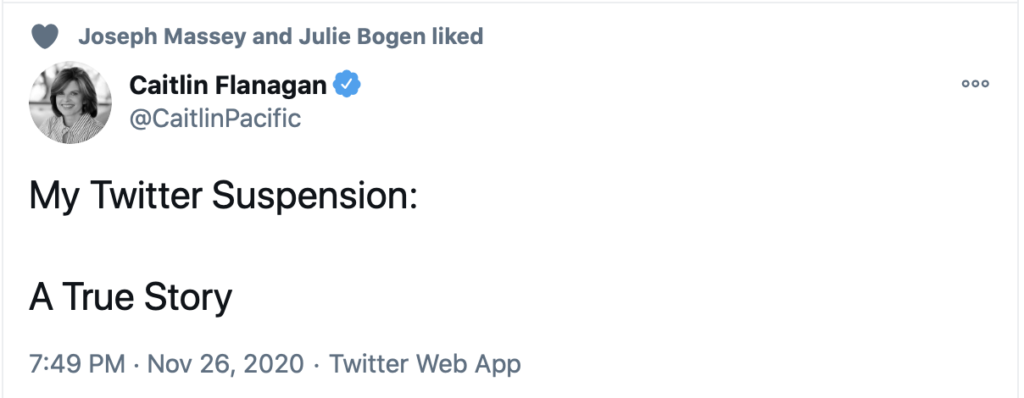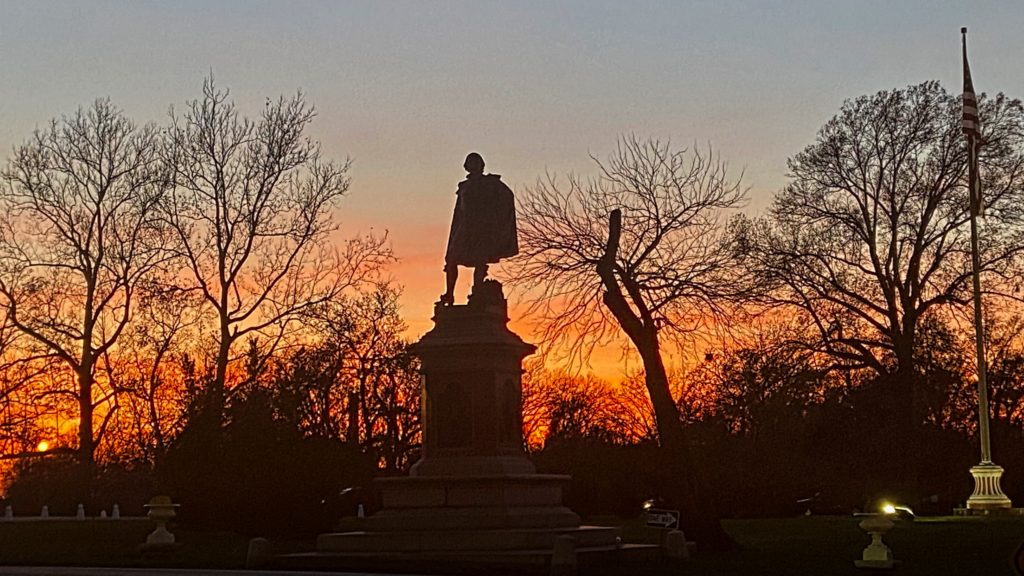Heterodox Academy Offers Suggestions on How to Disagree Civilly
Heterodox Academy was founded in 2015 by Jonathan Haidt, Chris Martin, and Nicholas Rosenkranz
in reaction to their observations about the negative impact a lack of ideological diversity has had on the quality of research within their disciplines. What began as a website and a blog in September of 2015 — a venue for social researchers to talk about their work and the challenges facing their disciplines and institutions — soon grew into an international network of peers dedicated to advancing the values of constructive disagreement and viewpoint diversity as cornerstones of academic and intellectual life.
All members of Heterodox Academy embrace a set of norms and values that they call “The HxA Way.”
“I support open inquiry, viewpoint diversity, and constructive disagreement in research and education.”
HxA offers a tipsheet on how to how to approach moral disagreements in constructive ways. HxA encourages us to "engage in open inquiry and constructive disagreement can use these strategies to build mutual understanding and have better conversations on difficult issues."
I highly recommend visiting this entire article, but in this short article I'm setting out the basic ideas:
- Lower the perceived state of the disagreement or conflict
- Don’t sling pejorative labels or assign bad motives
- Agree upon facts first ("Then talk about what to do about it or how best to address it. Start small and build out.")
- Lower a disagreement’s visibility ("In public environments, including digital forums, there is much more pressure to conform to one’s group and to virtue signal. It is also far more embarrassing to admit you were wrong to the whole world than to a single person. People are generally much more reasonable in more intimate settings.")
- Don’t demand too much from the conversation ("In cases of deep disagreement, the initial and primary goal should be simply to clearly understand where the other is coming from and to be well-understood oneself.")
- Appeal to identity, values, narratives,and frames of reference
- Speak to people in their own language ("people become much more willing to reconsider or even change their views and to accept controversial facts when presented to them in terms of their own values, commitments, and frames of reference")
The final point of this HxA tip sheet is to "Understand that it’s worth the effort." HxA elaborates:
If you do a deep dive into a radically alternative worldview with an open mind – that mind will be blown. The exploration might, at times, be disorienting, frustrating, or triggering – but you will learn a lot. You might not abandon your own commitments, but you’ll definitely come to see things in a dramatically different way. At the very least, you will discover that your rivals have legitimate reasons for holding the positions they hold on many issues. That in itself – really internalizing that – can be huge.
HxA position is that they prize pluralism and value constructive disagreement. They offer these additional five bullet points for accomplishing these goals:
- Make your case with evidence.
- Be intellectually charitable ("However, one should always try to engage with the strongest form of a position one disagrees with (that is, ‘steel-man’ opponents rather than ‘straw-manning’ them). One should be able to describe their interlocutor’s position in a manner they would, themselves, agree with (see: ‘Ideological Turing Test’)")
- Be intellectually humble ("Take seriously the prospect that you may be wrong")
- Be constructive.("The objective of most intellectual exchanges should not be to “win,” but rather to have all parties come away from an encounter with a deeper understanding of our social, aesthetic and natural worlds.")
- Be yourself. This is a critically important point. Standing up to outgroups, in-groups and organizations sometimes takes considerable courage:
At Heterodox Academy, we believe that successfully changing unfortunate dynamics in any complex system or institution will require people to stand up — to leverage, and indeed stake, their social capital on holding the line, pushing back against adverse trends and leading by example. This not only has an immediate and local impact, it also helps spread awareness, provides models for others to follow and creates permission for others to stand up as well. This is why Heterodox Academy does not allow for anonymous membership; membership is a meaningful commitment precisely because it is public.
HxA offers many additional Tools and Resources for engaging in Heterodox Conversations. This is an excellent site to visit to prepare for conversations that might turn contentious.



